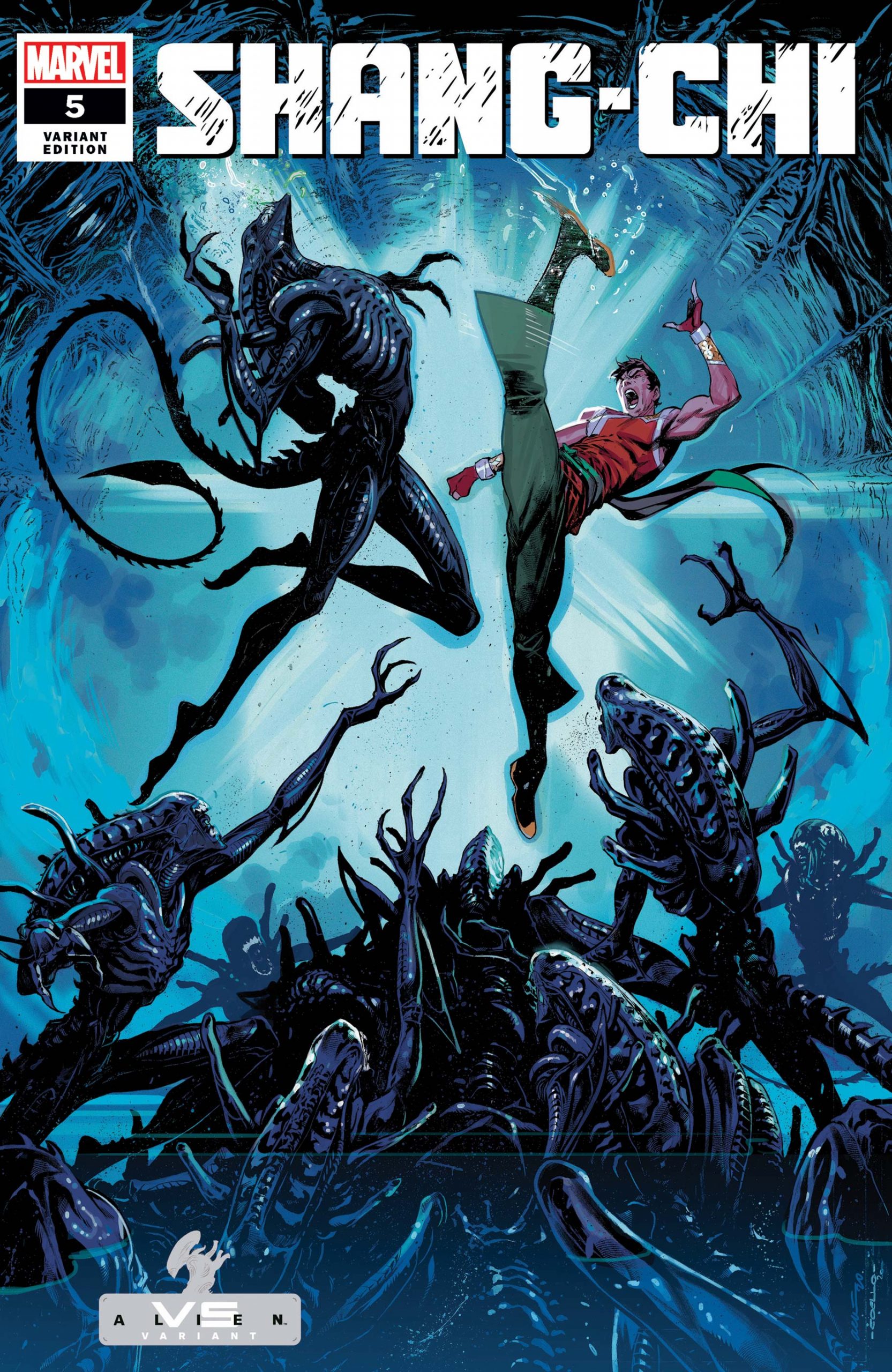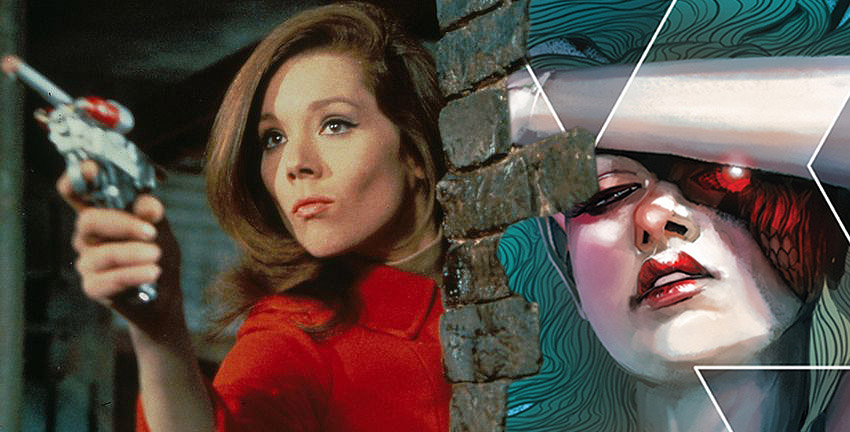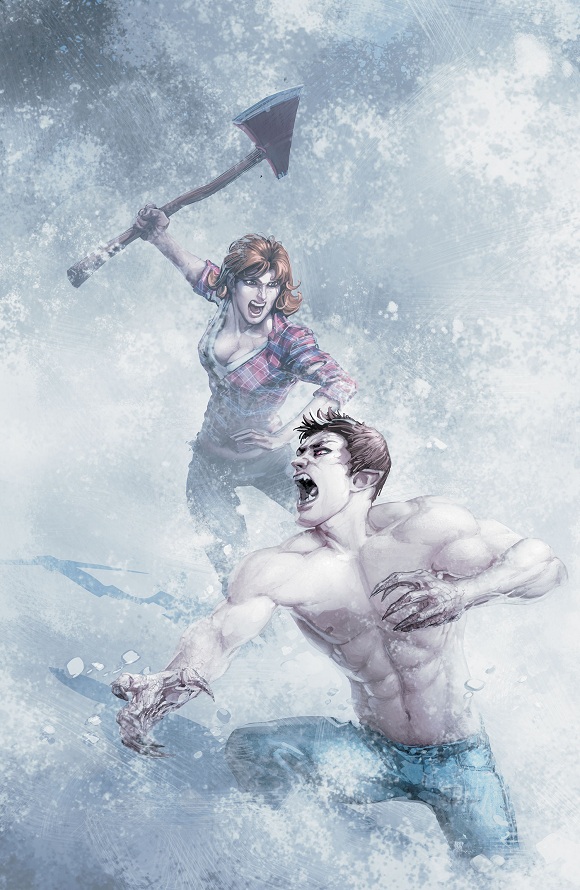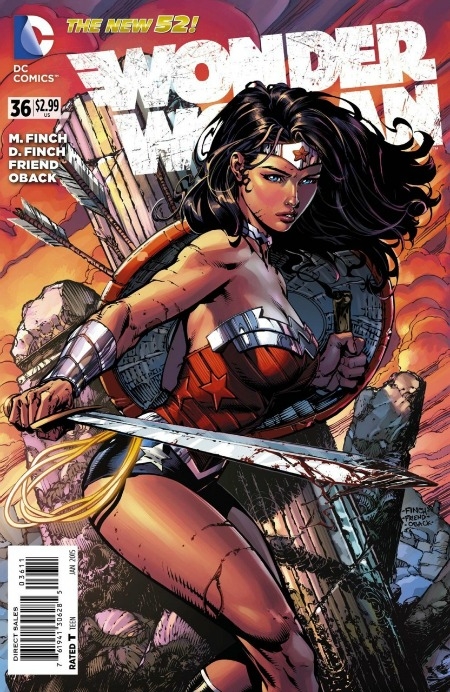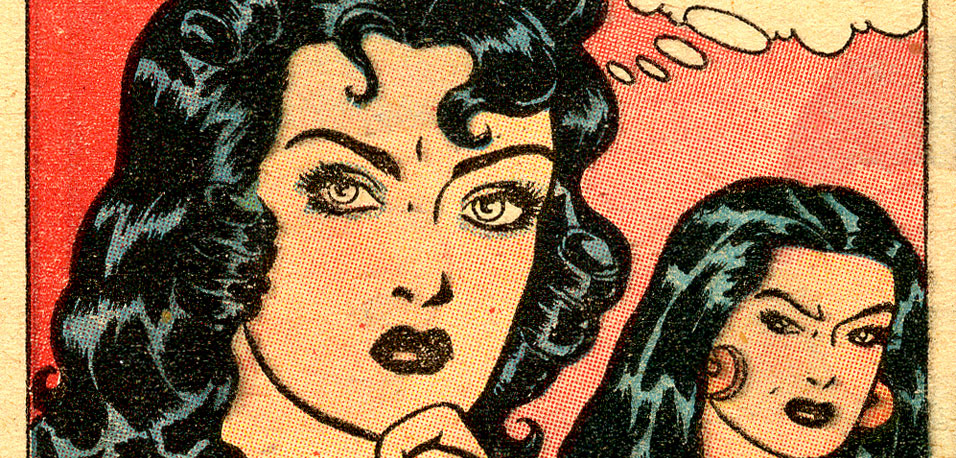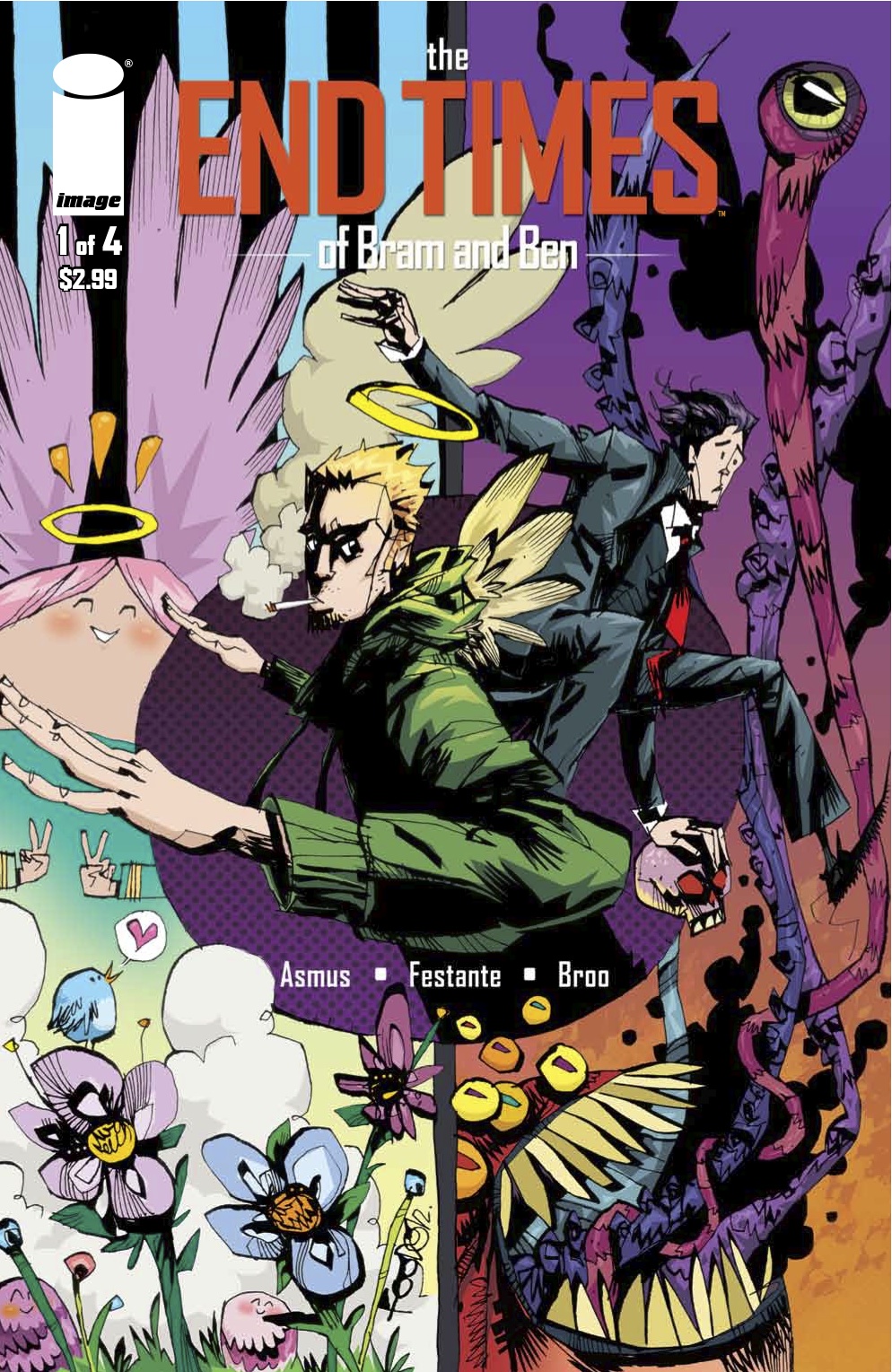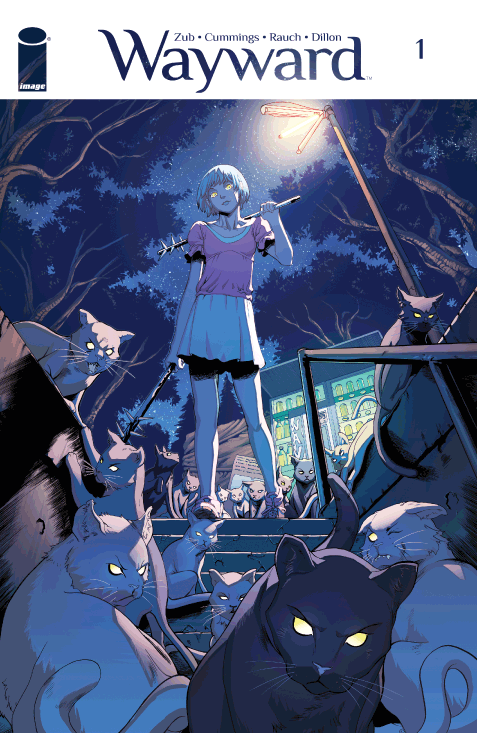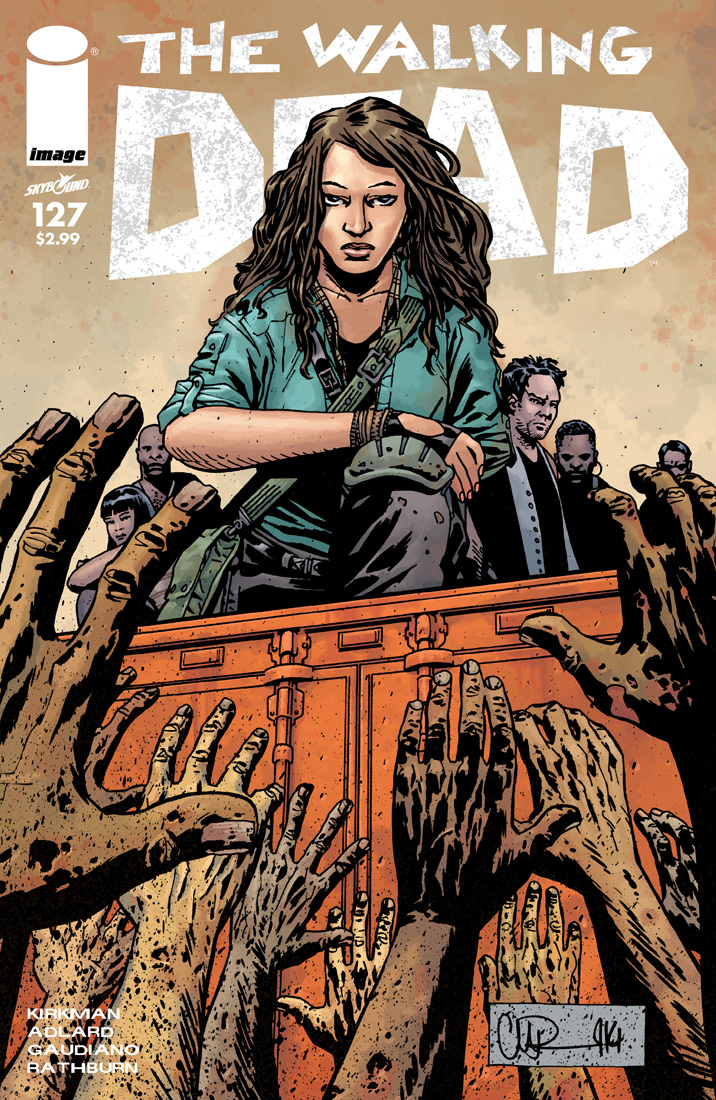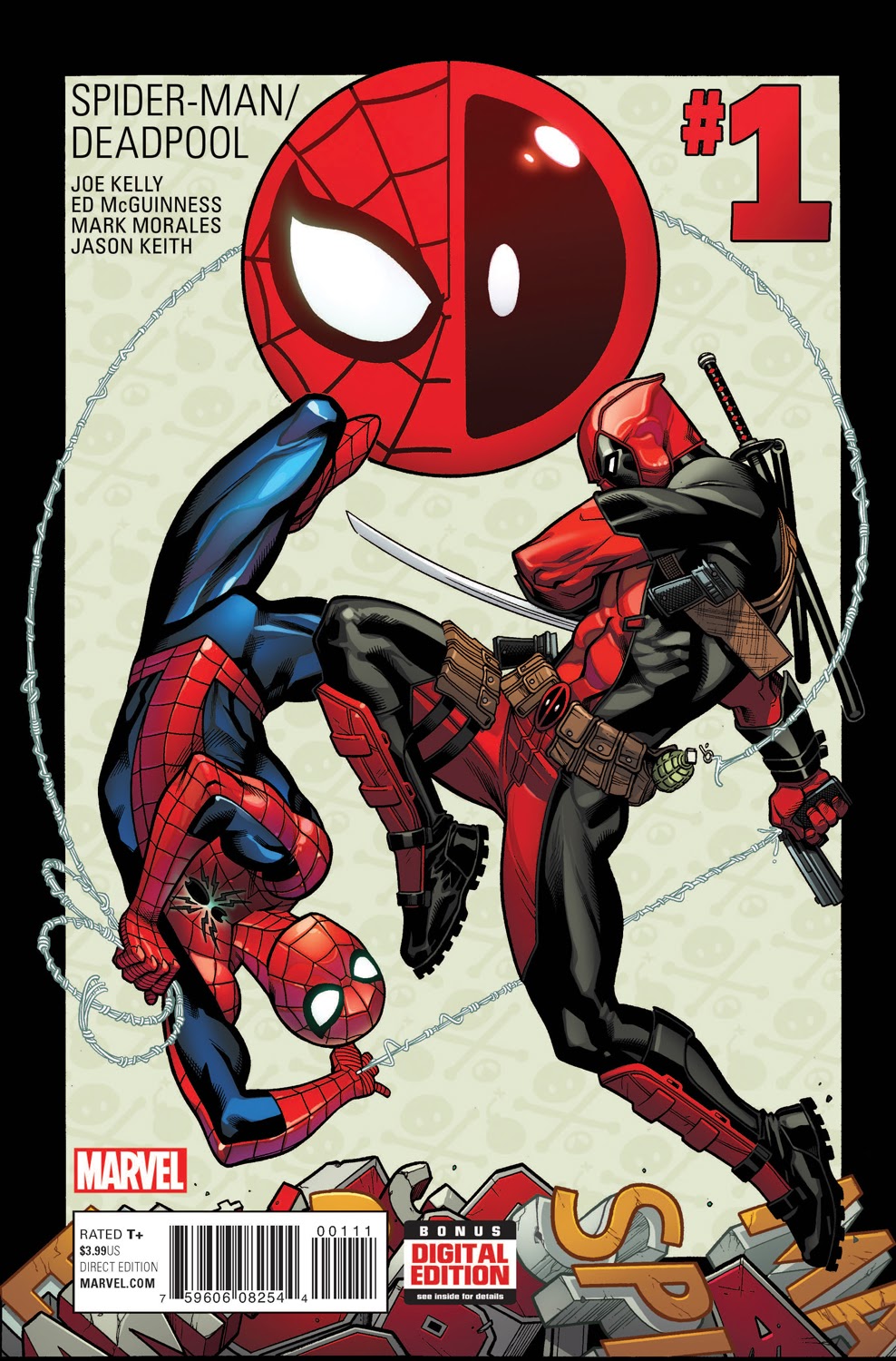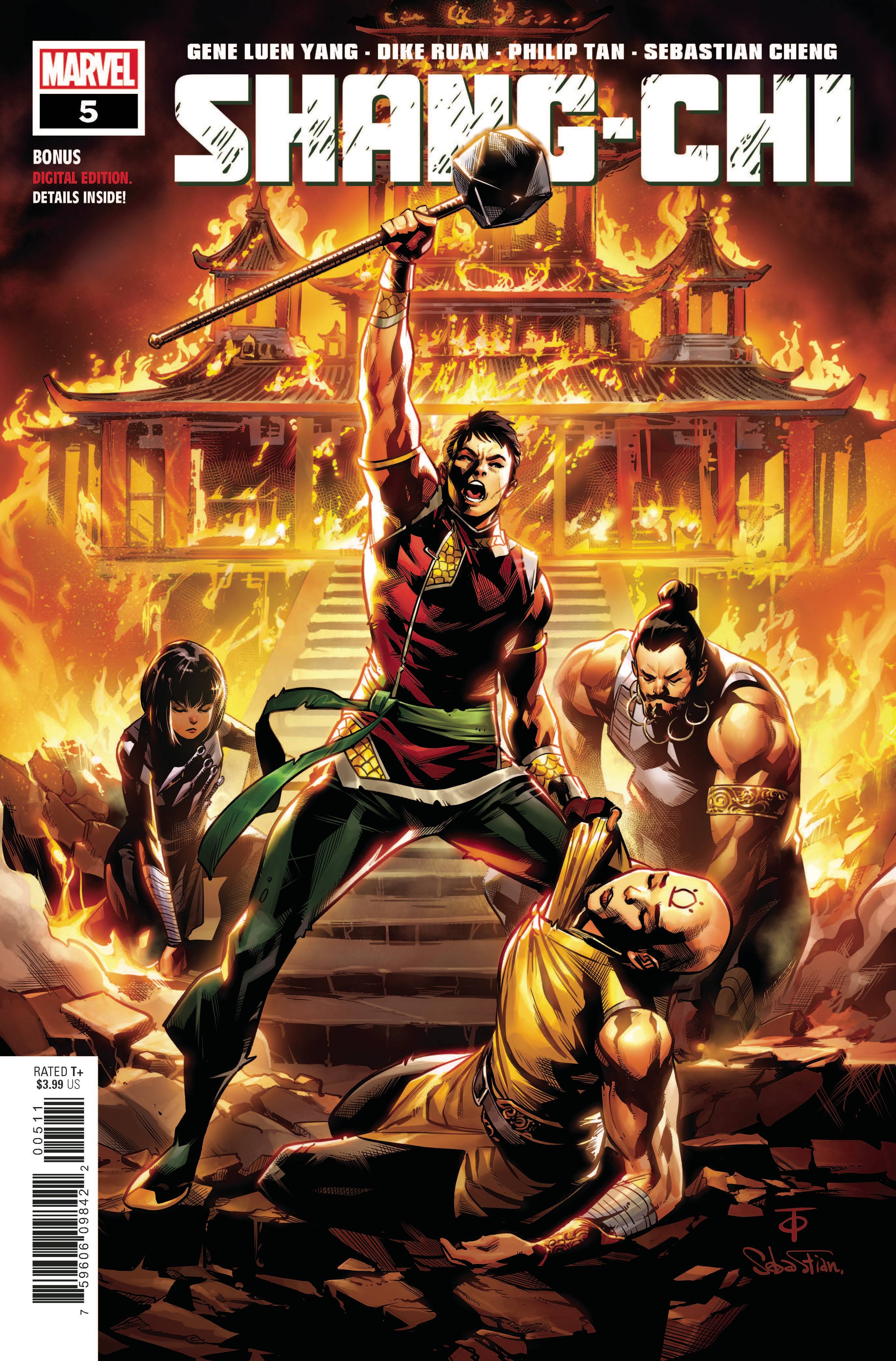
Shang-Chi #5
Writer: Gene Luen Yang
Artist: Dike Ruan
Flashback Artist: Philip Tan
Colorist: Sebastian Cheng
Letterer: VC’s Travis Lanham
Reviewer: KrisK
Shang-Chi rarely pops into people’s heads when they think of Marvel heroes. He rarely stars in any series, considering his long history, and he rarely works with the larger more established teams and heroes. He enjoyed a resurgence during the Bendis era, but overall, he remains neatly put away.
Its a shame, too, because he fills a specific niche in Marvel. While others, such as Iron Fist and Daredevil use martial arts, they exist as the outsider learning the art better than those who belong to the culture. This trope is forgiven as an artifact of the decades these heroes were created, but they remain problematic.
Not that Shang-Chi’s origins lack problems. Marvel originally created him through their ownership of Fu-Manchu, a Yellow Peril Chinese character from the early 20th century. He serves as the most infamous representation of the xenophobic Yellow Peril characters the Western World created after oppressing the Chinese population in the decades after the Opium War.

Shang-Chi was created as Fu-Manchu’s son. Shang-Chi spun out as a much more popular character. He starred in his own issues and showed up on various teams over the decades, but he stayed a support character. Bendis retconned his father to be Zheng Zu, sorcerer and leader of the five weapons society. He fought with the Avengers and Heroes for Hire. He trained Spider-Man in his own form of martial arts. More recently, he helped train Domino after her powers could not be relied upon. But Shang-chi found the spotlight with his new miniseries, and he looks dang good in it.
The mini series explores Shang-Chi’s siblings in the Five Weapons Society. His sister Shi-Hua, aka Sister Hammer, runs the Weapons Society now. She resurrected an army of Chinese Vampiric Zombies known as the Jiangshi. One of the Jiangshi infected Shang-Chi, and he slowly loses control to his sister as he becomes one of them. He fights alongside his siblings Esme, Sister Dagger, and Takeshi, Sister Sabre, who are unaware of the corruption occurring in Shang-Chi. The issue comes to a head with a battle to save the Western World from Sister Hammer. A battle fought not only on the streets but in the mind and soul of Zheng Zu’s children.
Yang’s writing remains pitch perfect for this series. Honestly, Yang exists as one of the best writers in the medium, and giving him only a mini-series, under utilizes him greatly, even if another is on the way. Marvel needs to be offering Yang full blown series. (I am not knocking the Alyssa Wong story coming out in the mean time, we can have Shang-Chi in multiple books.) The series ends superbly, but it still feels truncated. Yang proved the Shang-Chi franchise contains so much potential and story to flush out. I hope we can even have a comic event around his corner of the Marvel Universe, as opposed to the umpteenth Infinity event.
The art by Ruan, Tan, and Cheng creates a world of Martial arts equal parts Magic and human. Cheng’s colors particular elevate the issue in every panel. Marvel would be foolish not to use Cheng on way more series in the future.
Verdict: Buy! I can’t think of a single negative about this series, except that it had to come to an end. A wonderful addition to the Shang-Chi story, and a perfect jumping on point for new readers. Check it out today!

